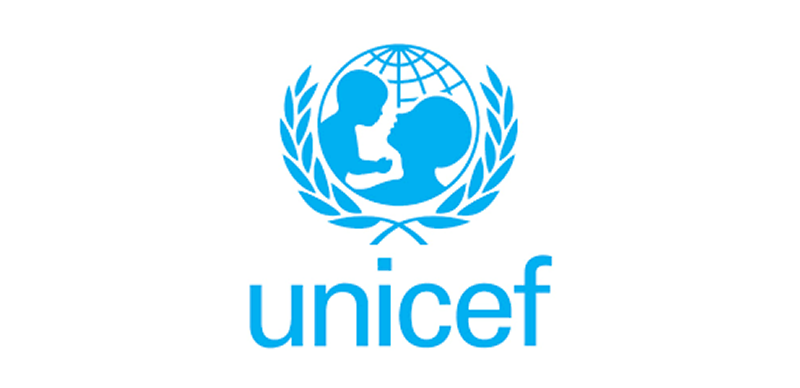429
By Tracy Moses
The United Nations Children’s Fund (UNICEF) in collaboration with the Bauchi State Government, has launched the implementation of the Global Affairs Canada Initiative, aimed at enhancing the health and nutrition outcomes for women, adolescents, and children in the North-Eastern State.
The initiative is part of a broader project funded by a 15-million Canadian dollar grant from Global Affairs Canada, which is focused on improving maternal and child health in the three states of Kebbi, Kaduna, and Bauchi.
UNICEF is a United Nations agency dedicated to improving the health, nutrition, education, and general welfare of children worldwide.
Global Affairs Canada is providing funding for the government of Nigeria, specifically in the three target states, and is channelling the fund through UNICEF to provide technical support for the implementation of the high-impact intervention.
At the launch of a two-day state engagement meeting in Bauchi earlier in the week, UNICEF’s Health Specialist from the Abuja Office, Dr. Fatima Chesi stated that the primary focus of the initiative is to address the health needs of adolescent girls in the state.
She added that the group (adolescents) has often been neglected in health interventions, with a focus more on maternal and child health. She stressed that improving health outcomes for adolescents is critical, as they contribute significantly to the maternal mortality rates in Nigeria, particularly in Bauchi.
In her words, the objectives of the engagement meeting were to identify strategic alignments with other ongoing initiatives, develop strategies for the project, engage with the state, develop work plans for 2025, and agree on the monitoring and evaluation framework and supply plan.
According to her, what is new in the initiative is the focus on the adolescent population, which is a less-prioritised group in the three states.
“The adolescent group has been known to contribute largely to the maternal mortality figures in Nigeria as a whole, and specifically in Bauchi State, which has been identified for this support. The hope is that this intervention and support will help bridge that gap for the adolescent population,” she said.
“Many times, there are initiatives that focus on newborns and children under five, and then we forget the adolescents until they appear in the hospital pregnant, either as adults or adolescents. The reality is that the adolescent group is neglected, and there are no clear programs to support them. So, this initiative will help provide access to service delivery for adolescents.”
“The key stakeholders in the implementation of the initiative are the governments of the three states. The existing government structure and health systems in the three states will serve as the platform for the implementation of the initiative. We are hoping to leverage the existing platforms for the delivery of high-impact, gender-responsive interventions.”
“The platforms will range from primary healthcare facilities to some secondary healthcare facilities and communities. Coordinating platforms for reproductive, maternal, newborn, and child health services will also be leveraged upon,” she said.
The health specialist stated that the grant aligns with Nigeria’s Sector-Wide Approach Programming (SWAP), which focuses on improving maternal, newborn, and child health outcomes.
In his remarks at the engagement meeting, the State Commissioner of Health, Dr Sani Dambam, commended UNICEF and Global Affairs Canada for the intervention, which he noted was timely for the state, particularly in improving the health of adolescent girls and children under the age of five.
He reiterated the commitment of the state government to ensuring the successful implementation of the intervention in the state, stating that the government would come up with templates to guide the state’s implementation.
He further revealed that the Bauchi State Government had prioritized healthcare and demonstrated its commitment by approving a substantial amount of N872 million to cover the state’s counterpart funding for the Primary Healthcare Basket in the 2025 fiscal year.



